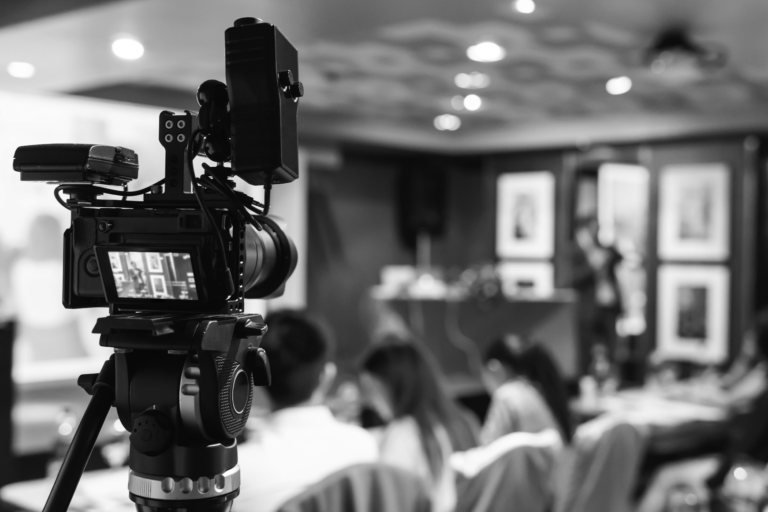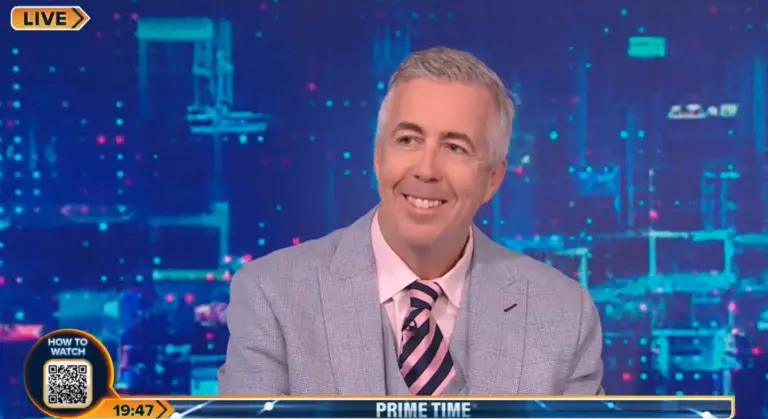I meet a lot of intelligent and conscientious people through my work. They’ve spent a lot of time thinking hard about managing the risks to their businesses and charities. And they’ve come to the conclusion that media training is a good idea when trying to manage risk.
As Warren Buffet – arguably the world’s greatest investor – says, “It takes 20 years to build a reputation, and five minutes to ruin it.” I don’t think he meant ‘by doing a bad interview’, but it’s certainly one way.
Another famous quote of his; “Risk comes from not knowing what you’re doing.” Just because you have arms and legs, doesn’t mean you can drive. And just because you speak to lots of people every day, doesn’t mean you know how to be your most effective in a media interview. Driving is a combination of new skills and practice. So is speaking to the media.
When I’m carrying out media training with a client, there’s usually a point where the training ‘clicks’. The client understands how to do it, and adapts the techniques and strategies they’ve just learnt to suit their speaking style. The ‘click’ point usually comes after they’ve recorded an interview on camera, and we’re watching it back together. It often comes when their mindset changes, and they see an interview less as a conversation, and more as a presentation opportunity.
But that doesn’t remove all their nerves. That comes through practice. So we choose a new, relevant scenario, and prepare for another interview, again recorded and played back during their training. Their new skills become more embedded. They grow in confidence.
And they know that when an issue arises, and they need to publicly defend the reputation of their organisation, they have prepared in advance. They have reduced risk.




